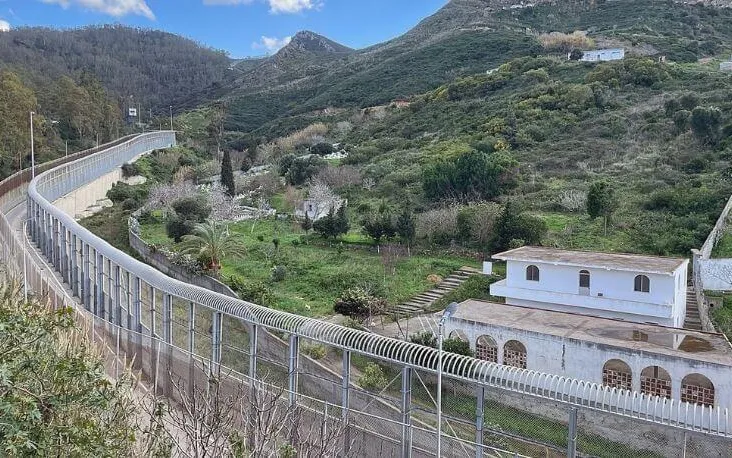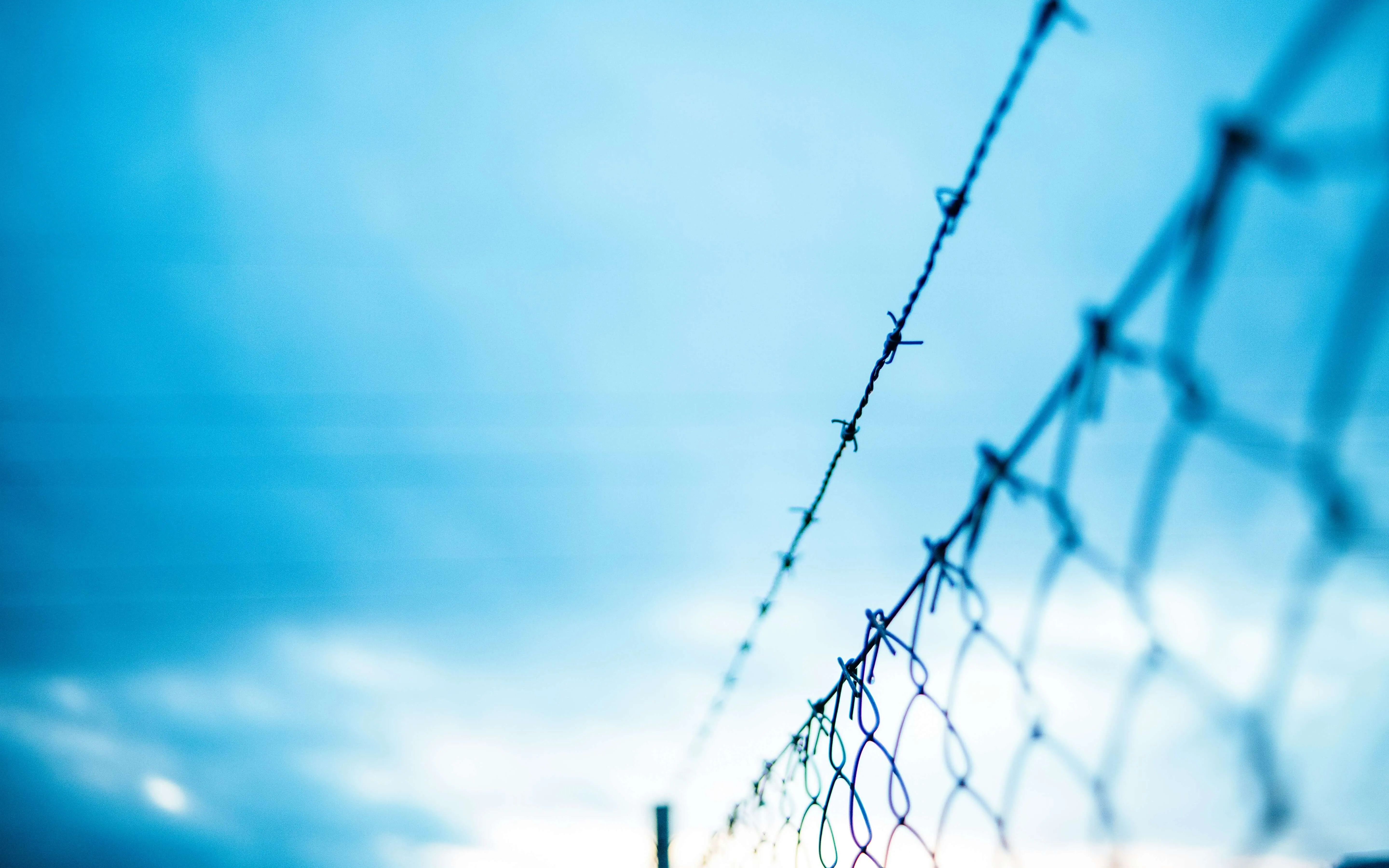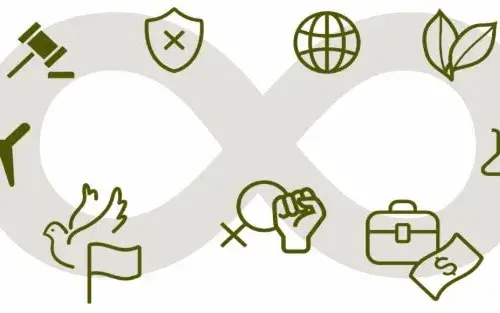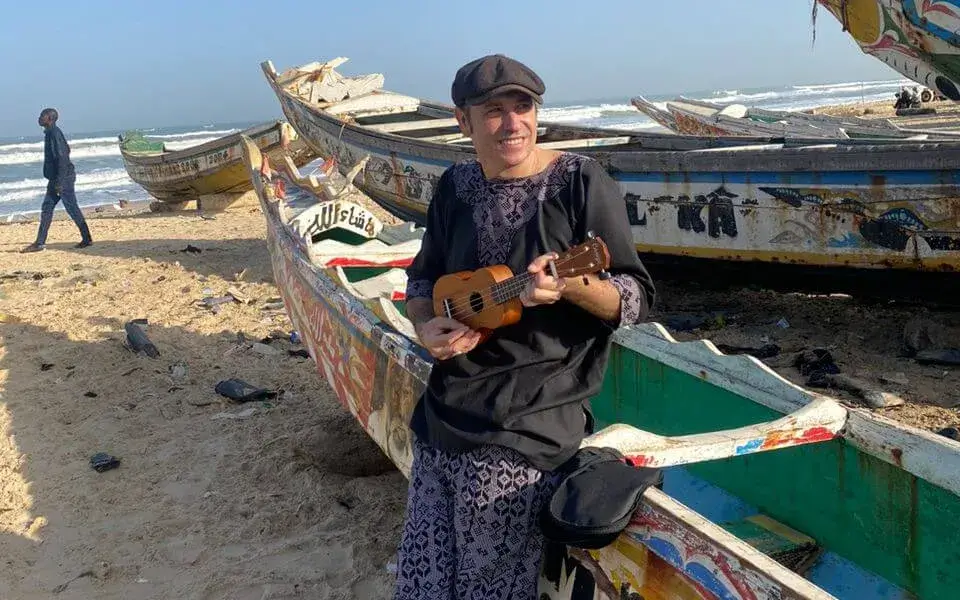The study by three organizations working on the ground highlights bureaucratic repression and the systematic violation of migrants' rights in the Canary Islands, Ceuta, and Melilla.
"I think there is a lot of lack of information about our rights once we arrive. Besides asylum, how to behave in these situations, where we can go, how we can do it better... It's important." Hussein's testimony, a twenty-two-year-old from Sudan, highlights the violation of rights and the feeling of misinformation that many migrants experience when they arrive in Spain.
This situation, which prevents migrants from exercising their rights and drives them into a state of uncertainty and despair, constitutes a form of administrative violence that is neither accidental nor isolated, but rather follows a systematic pattern and a logic of social control.
This is referred to as bureaucratic repression, defined as the use by institutions of a regulatory framework that allows for the control, repression, and criminalization of racialized people. This form of administrative violence also includes the administrative or bureaucratic obstacles that become serious functional impediments to the lives of migrants in border territories.
All of this is denounced in the report 'Bureaucratic Repression at the Southern Border of Europe', jointly prepared by No Name Kitchen, Solidary Wheels, and El Taller-Frontera Sur Gran Canaria based on their fieldwork in Ceuta, Melilla, and the Canary Islands, respectively. This work, carried out over years, day by day, has allowed these organizations to establish mutual trust relationships with those who suffer firsthand from bureaucratic repression and to gather their testimonies in this study.
The bureaucratic repressive practices documented in the report, the organizations emphasize, are neither accidental nor isolated; on the contrary, they are normalized forms of violence in various border territories in the south of Spain that reflect "how migration control and border policies reinforce a negative view of migration", while exposing a public management that sees migration as a problem to be solved and addresses it from a security approach rather than one of justice and respect for fundamental rights.
A bureaucratic deadlock that translates into multiple rights violations
The results of the investigation and the numerous testimonies collected reveal that, despite being different borders, the bureaucratic repression exercised against migrants is similarly reproduced in Ceuta, Melilla, and the Canary Islands. Many times, this occurs without adhering to Spanish law and with absolute impunity by the administrations that exercise it.
The main correlation within this framework of bureaucratic repression is established regarding the "systematic violation of migrants' rights as they pass through these cities, which become spaces of lawlessness," highlight the authors.
The report also emphasizes the violation of the rights of minors, especially concerning the lack of information available to children about their documentation in the three territories. "This leads to children finding themselves in situations of sudden administrative irregularity and homelessness, despite the guarantees that should be considered in favor of the best interests of the child," the study notes.
Based on the testimonies presented in the study, the framework of bureaucratic repression practiced in Spain manifests in situations of administrative violence such as a lack of adequate information and advice; obstacles in obtaining documentation that prevent migrants from regularizing their situation; a lack of legal assistance and interpreters that hinder their understanding and exercise of their rights; as well as impediments to applying for international protection due to misinformation and administrative barriers.
Collection of real stories of administrative violence
The analysis of bureaucratic repression at the southern borders of Spain by administrative and police authorities materializes in a wide range of rights violations.
The investigation focuses on the right to information, which plunges migrants into a situation of helplessness and vulnerability due to the lack of clear and precise information about their rights and the procedures they must follow. “No one has explained my rights to me, no one has read them to me,” summarizes the testimony of Toto Mks, a twenty-eight-year-old from Morocco.
Similarly, for migrants, obtaining documentation also becomes a complicated process full of bureaucratic hurdles, a violation of rights that also affects minors, who are often not recognized as such.
The right to legal assistance and to have an interpreter is another right violated at the southern border, according to the report. Many migrants do not have access to a lawyer or interpreter services during legal procedures, which prevents them from adequately understanding their rights and the legal actions they can take.
“The lawyer couldn’t tell me anything because we had to follow the procedure. I wasn’t in a hurry to leave. I was fine here, living in ignorance, but when I realized there were things I didn’t know and should have known, it was like…” recounts Hussein to the authors of the report.
The right to apply for international protection is also compromised by administrative difficulties and lack of support, which means many migrants cannot apply for asylum or international protection and remain in a state of risk and insecurity. "The rights and resources I am now enjoying on the peninsula, if I had known about them, I could have sought them in Melilla," says Ismail, a twenty-three-year-old Moroccan.
Finally, the report points to the violation of the right to a dignified reception, due to the conditions in which the large reception centers are found, which are overcrowded and lack adequate conditions; or the Centers for Temporary Stay of Immigrants (CETI), which also present deficiencies impacting the dignity and well-being of individuals.
“I think some of the security guards in the center are not psychologically and socially qualified, as we saw through their inappropriate behavior with some migrants. Are they subjected to psychological evaluation sessions before coming to work at the center?” asks Hussein.
Proposals to go beyond temporary and welfare solutions
Therefore, the joint study by No Name Kitchen, Solidary Wheels, and El Taller-Frontera Sur Gran Canaria concludes that bureaucratic repression is part of a deliberate strategy by authorities to control and marginalize the migrant population.
Thus, a punitive bureaucratic labyrinth is configured that perpetuates the exclusion and vulnerability of these individuals, a situation that contravenes legality and violates the respect and protection of migrants' rights.
Beyond the denunciation, the organizations formulate a series of demands to end this bureaucratic violence, such as implementing more humane and just migration policies, ensuring access to clear and understandable information for everyone, facilitating the documentation process, and ensuring access to legal assistance and interpreters.
Moreover, the authors of the report advocate for the elimination of abusive bureaucratic practices that hinder the application for international protection and for improving the conditions of reception centers to ensure a dignified and safe stay for migrants.
These changes call for more reception resources from administrations, with special attention to the child protection system, so that it can reach all children and guarantee their protection, as well as support for organizations working on the ground, among other measures.









Add new comment